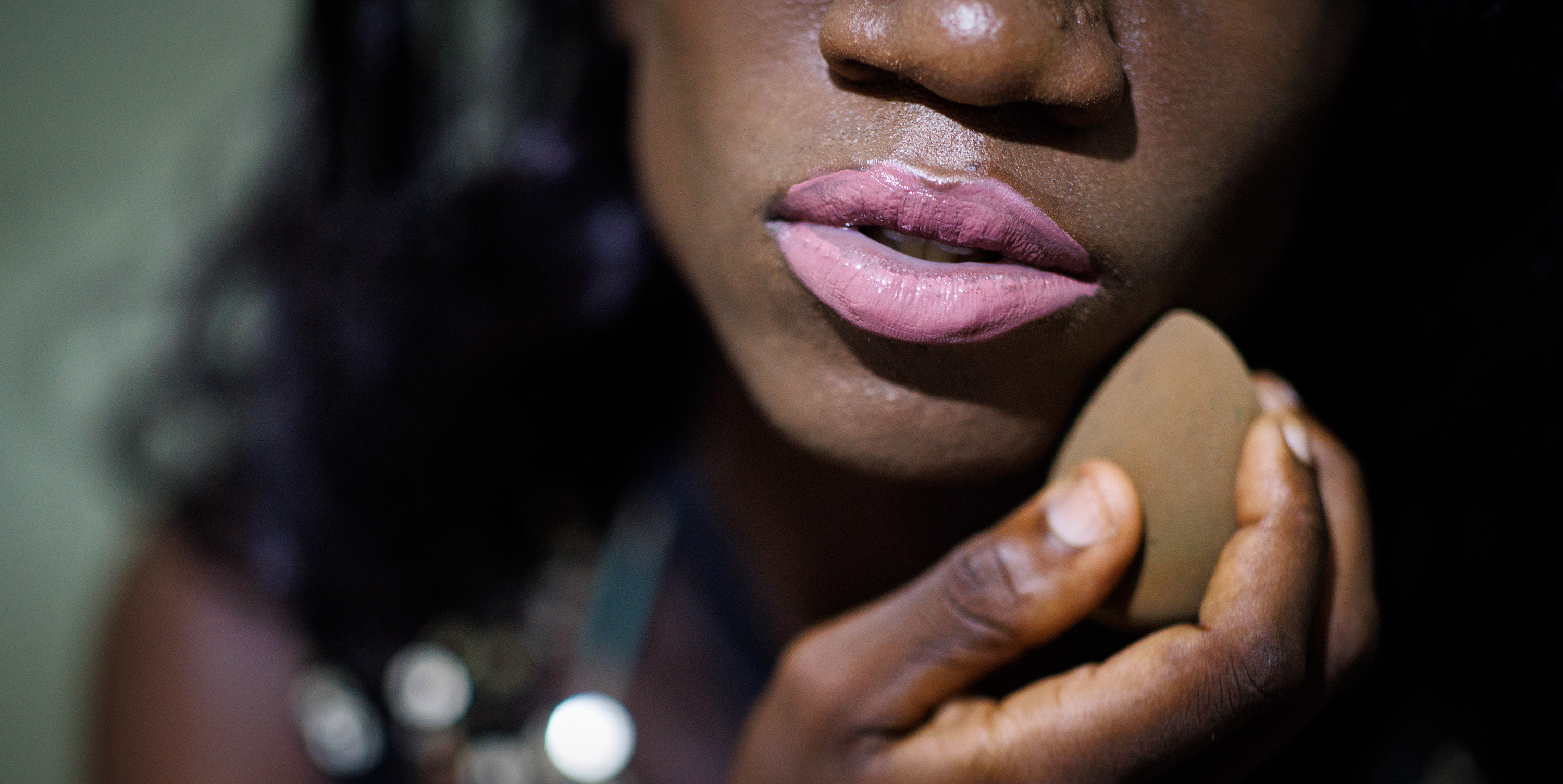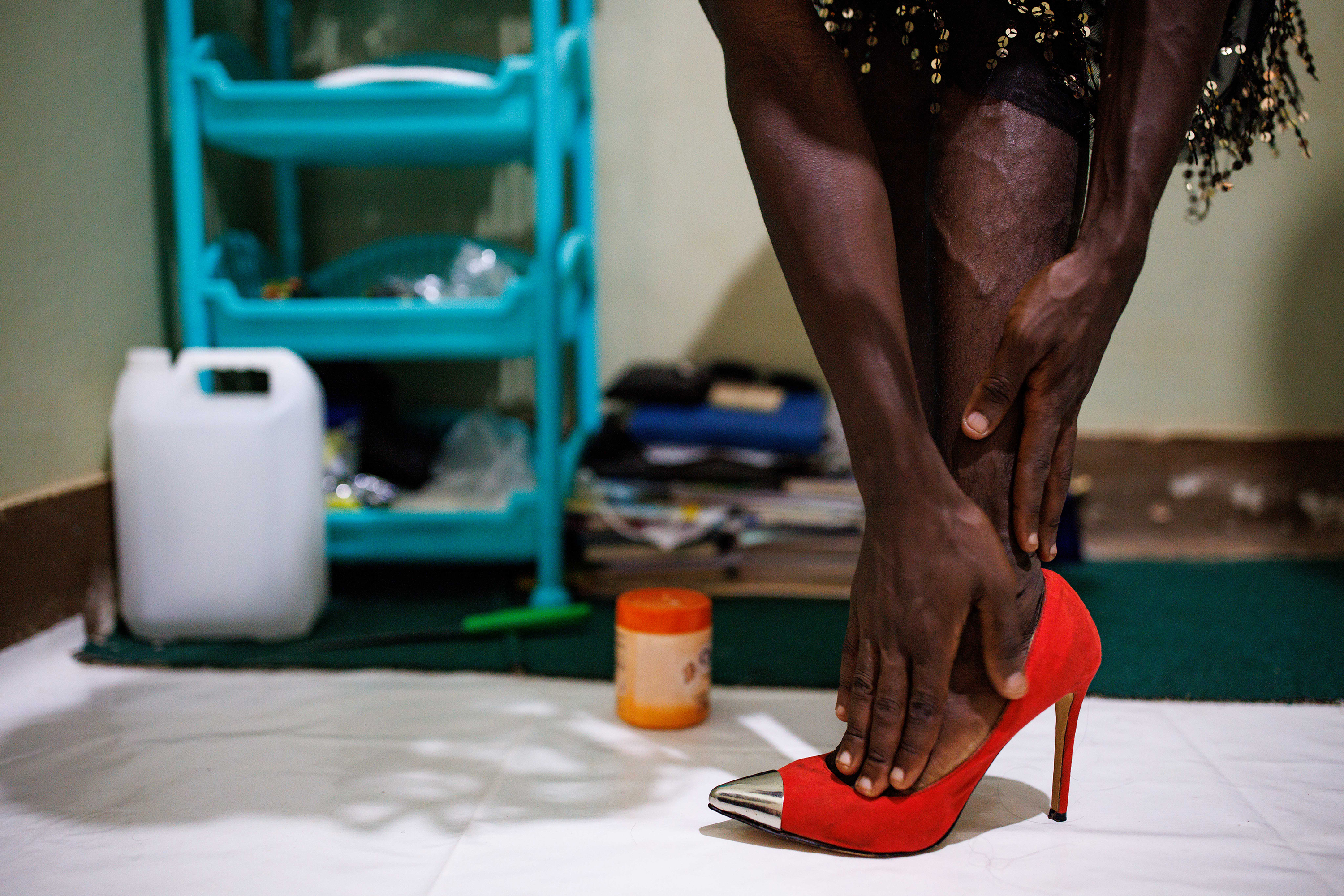Uganda’s President Yoweri Museveni has signed a bill that has received sharp criticism and has been described as one of the most extreme anti-LGBQTI measures in the world.
Museveni’s signing of the bill was first announced by parliament speaker Anita Among on Twitter.
In addition to same-sex intercourse, the bill bans promoting and abetting homosexuality as well as conspiracy to engage in homosexuality. Violations under the law carry severe penalties, including death for so-called aggravated homosexuality and life in prison for gay sex. Aggravated homosexuality involves gay sex with people under the age of 18 or when the perpetrator is HIV positive, among other categories, according to the law.
Read more in Daily Maverick: Death penalty imposed as Uganda passes a law making it a crime to identify as LGBTQ
The original bill, which parliament passed in March, was sent back to legislators by Museveni, asking that they tone down certain provisions. On 2 May, parliament passed a revised bill that made minor amendments while leaving most of the original legislation intact.
The amended version stipulated that merely identifying as LGBTQ is not a crime and revised a measure that obliged people to report homosexual activity to only require reporting when a child is involved.
 A transgender woman, going through transition, in a safe house in Kampala, Uganda. (Photo: Luke Dray / Getty Images)
A transgender woman, going through transition, in a safe house in Kampala, Uganda. (Photo: Luke Dray / Getty Images)
No condemnation from South Africa
Many have called on the South African government to denounce the bill as over the past decade the country has become a viable destination for people seeking refuge from persecution related to sexual orientation, gender identity and expression on the continent. To date, the government has remained silent and not condemned Uganda’s anti-homosexual law.
The issue of sovereignty can’t be undermined. I can’t just walk into Uganda and say, ‘You shall do this’.
Answering questions in the National Assembly on Thursday, 25 May, Deputy President Paul Mashatile said the government does not agree with Uganda’s law against the LGBTQIA+ community. However, he did not outright condemn Uganda’s homophobic law and said he was “prepared to engage” since that would be the most constructive way.
Read more in Daily Maverick: What it's like to be Ugandan and queer when your country turns against your identity
Mashatile said the South African Constitution outlaws all unfair discrimination based on sex, gender or sexual orientation, whether committed by the government or by a private party. “We must endeavour to persuade because the fact that 67 countries in question criminalise LGBTQIA+ people, is indicative of the truism that our outlook of our laws is not really universal.”
Read more in Daily Maverick: It is vital for South Africa to oppose Uganda’s dangerous anti-gay bill
He added that the government could not impose its will on other countries and that sovereignty should not be undermined, but that the government would use multilateral platforms to persuade Uganda and the numerous other African nations that criminalise same-sex activity.
“I think we must be realistic when we accept that the principles must be universal. We can’t just impose them on other countries.”
“The issue of sovereignty can't be undermined. I can’t just walk into Uganda and say, ‘You shall do this’. But the point I’m making is that we will persuade them. We will engage with them because that’s the right way.”
Concerns about the harmful impact
A joint statement by the leaders of the Global Fund, United Nations Programme on HIV/Aids (Unaids) and the US president’s Emergency Plan for Aids Relief (Pepfar) expressed deep concern about the harmful impact of the Ugandan Anti-Homosexuality Act 2023 on the health of its citizens and its impact on the Aids response that has been so successful up to now. Uganda is well on track to achieve the Unaids HIV treatment targets if progress is maintained.
 A transgender sex worker prepares her make-up for a portrait at her home in Kampala, Uganda. (Photo: Luke Dray / Getty Images)
A transgender sex worker prepares her make-up for a portrait at her home in Kampala, Uganda. (Photo: Luke Dray / Getty Images)
The statement said Uganda and Museveni have been leaders in the fight to end Aids due to the implementation of large-scale prevention, diagnosis, treatment and care programmes. These implementations were all provided on the principle of access to healthcare for all who need it, without stigma or discrimination.
“This approach has saved lives. The strong health systems built to support the Aids response serve the entire population of Uganda,” it read. “Maintaining this is vital: Failures in the HIV public health response will have system-wide impacts that could negatively affect everyone.”
However, the Anti-Homosexuality Act 2023 threatened the country’s progress and placed the HIV response in grave jeopardy because it would hinder health education and the outreach that could eradicate Aids as a public health threat.
“The stigma and discrimination associated with the passage of the act [have] already led to reduced access to prevention as well as treatment services. Trust, confidentiality and stigma-free engagement are essential for anyone seeking healthcare. LGBTQI+ people in Uganda increasingly fear for their safety and security, and increasing numbers of people are being discouraged from seeking vital health services for fear of attack, punishment and further marginalisation”.
The statement called for the act to be reconsidered so that the country could continue on its path to ensure equitable access to health services and end Aids as a public health threat by 2030.
 A Ugandan transgender sex worker rubs lotion on her legs before posing for a portrait in Kampala. (Photo: Luke Dray / Getty Images)
A Ugandan transgender sex worker rubs lotion on her legs before posing for a portrait in Kampala. (Photo: Luke Dray / Getty Images)
Papa De, a human rights activist and photojournalist from Uganda, said their heart was heavy after hearing the news. De has also founded #Hashtagwhatnext, a platform to share information, resources and fundraising for the queer community in Uganda.
De explained that the bill essentially curtails the queer community in Uganda. “It doesn’t give any queer life survival in Uganda whatsoever. We don’t have access to housing, we don’t have access to medication, we don’t have access to privacy and we don’t have access to education. Your friend or relative could also report that you are queer and you will be jailed, so everything is just a mess.
“Basically, all the rights that a human being deserves, they are being taken away, and that is not fair, that is not the way to live”. DM




 A transgender sex worker rubs lotion onto her legs before posing for a portrait at her
home in Kampala, Uganda. The Ugandan
parliament recently revisited the country’s anti-gay bill and voted on a
law that provides harsher sentences
for people maintaining homosexual
relations. Photo: Luke Dray/Getty
Images
A transgender sex worker rubs lotion onto her legs before posing for a portrait at her
home in Kampala, Uganda. The Ugandan
parliament recently revisited the country’s anti-gay bill and voted on a
law that provides harsher sentences
for people maintaining homosexual
relations. Photo: Luke Dray/Getty
Images 